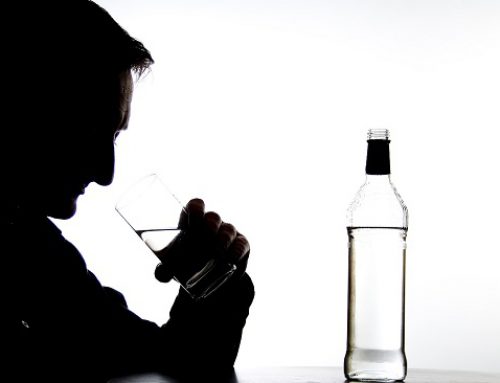What is Naltrexone Therapy and How Does It Work
Naltrexone has been used to help people with their alcohol and opioid cravings since the 1980s. Naltrexone actually blocks the effects of certain drugs and alcohol by binding to opiate receptors in the brain. That means that even if you try, you cannot get high. The blocker is FDA approved and you may see it being sold as Revia or Depade in addition to its most common name, Vivitrol. Naltrexone is available as a pill, an intravenous injection, and as an implant and will only be prescribed after the patient has stopped using for seven days or more.
According to NIDA, “Naltrexone has been used together with clonidine to shorten detoxification from heroin or methadone from two weeks to only one day.” This is remarkable and has led many facilities to make Naltrexone an integral part of treatment. Supporting the notion that the blocker has been effective for addiction treatment, National Center for Biotechnology Information cited 2004 and 2006 studies showing that the drug can help increase the period between relapse and reduce alcohol consumption.
While Naltrexone sounds like a miracle-drug at first, you should know that researchers and medical professionals have identified populations that benefit more from this treatment than others. They have also determined conditions that enhance the efficacy of Naltrexone as well as conditions that may undermine the efficacy. In recent years we have learned that genetics and gender affect how well Naltrexone will work. There are also studies that show that some patients on opioid blockers will abuse substances less, but that they will not stop completely. Due to this, many practitioners in the field have suggested using the drug in conjunction with 12-step and psychotherapy.
Some practitioners have even advocated for use of The Sinclair Method in Intensive Outpatient treatment, which is when an alcoholic will only be asked to take Naltrexone before drinking. This method has received much criticism from Alcoholics Anonymous and other abstinence-based programs which say that it promotes drinking and sabotages recover rather than instilling values of abstinence.
Being honest with your doctor about any medical conditions and you drug and alcohol use is important. Naltrexone can cause immediate withdrawal symptoms and dangerous side-effects. But, as far as research has demonstrated, the drug can be very helpful in maintaining abstinence.
Receiving Help for a Drug or Alcohol Addiction
If you or a loved one is suffering from alcohol or drug addiction, it is crucial to seek help from a licensed treatment program with a skilled treatment team and comprehensive program elements. Advanced Therapeutic Services is accredited by the Commission on Accreditation of Rehabilitation Facilities (CARF) and a licensed alcohol and drug addiction treatment provider. Our Admissions Team can answer your questions and provide a free confidential assessment over the phone or in person. ATS also accepts most private insurance plans and is in-network with Anthem Blue Cross helping you to reduce out of pocket costs. Call our team today for an insurance check. Call the ATS Helpline at (760) 322-1777 to get help today.
View a recent presentation hosted by Advanced Therapeutic Services, “Naltrexone Implant: A New Tool to Support Recovery.”






